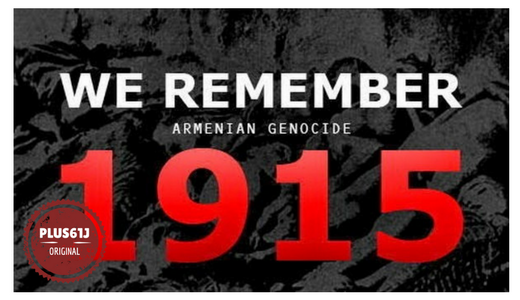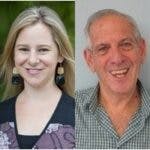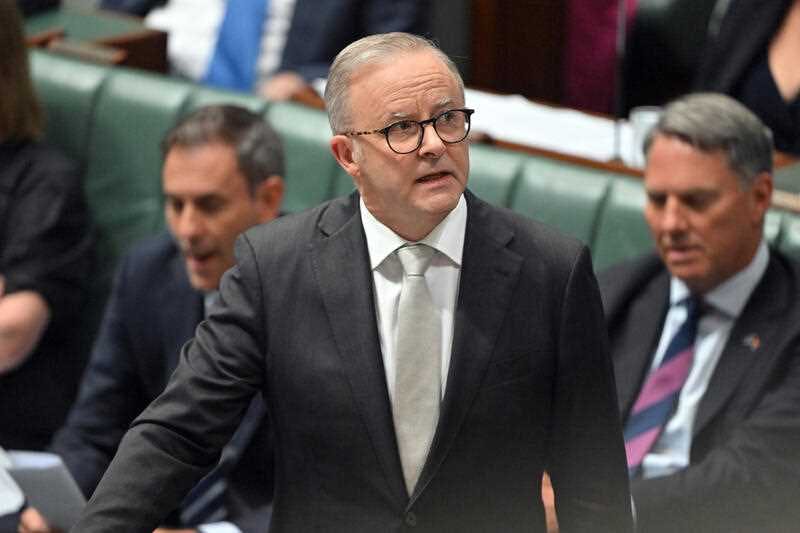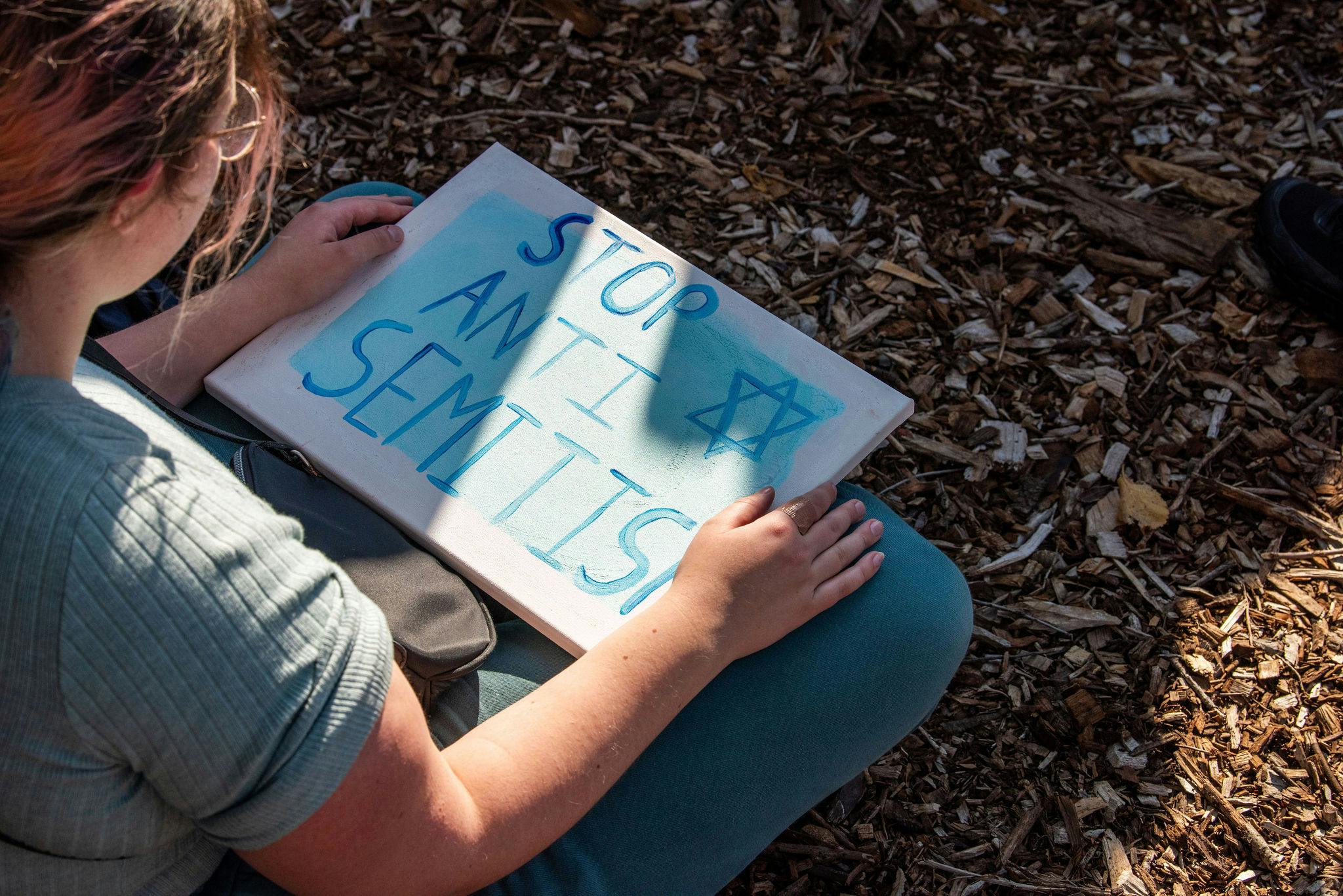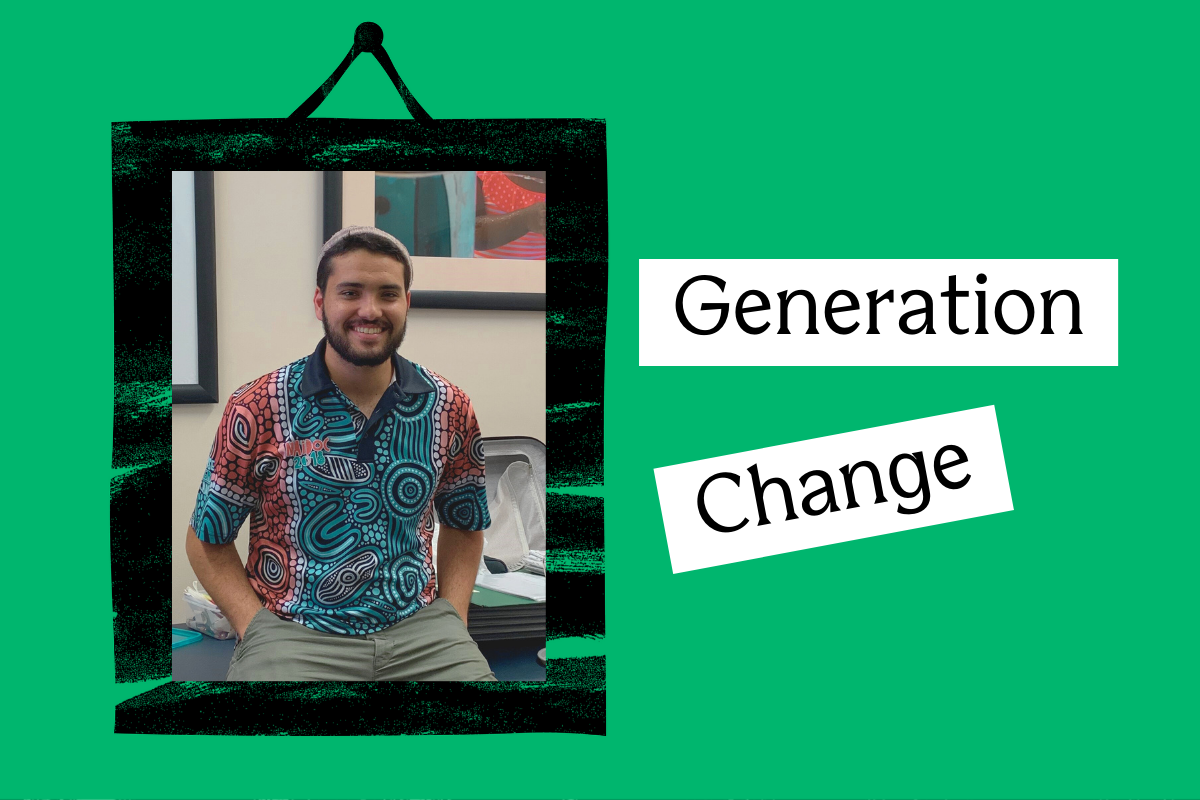Published: 25 April 2018
Last updated: 4 March 2024
ISRAEL AND AUSTRALIA have a few things in common. They are both young nations with democratic governments. Both have become home to migrants from around the world, including Holocaust survivors. In relation to the genocide that provided the blueprint for the Holocaust, both countries shamefully share a greater commitment to realpolitik than to historical accuracy or ethical considerations.
April 24, 2018, not long after Yom Hashoah, will mark the 103rd anniversary of the Armenian Genocide. Yet another year has passed without Israel or Australia having officially recognised the crimes of the Ottoman authorities against the Armenian population. This is despite acknowledgement by genocide scholars’ associations, the UN, EU, and a range of individual countries including Germany, the former ally of the Ottoman authorities during World War I.
These two modern nations support Turkey’s denialist narrative, which like Holocaust denial, nonsensically claims that crimes against the Armenians never happened, and that the traitorous Armenians provoked these ‘militarily necessary’ tactics (which included death marches of thousands of women and children across the desert).
Alternatively, Turkey argues that both sides suffered similar tragedies which were an unfortunate part of war, deliberately muddying the roles of victim and perpetrator. Equivalent revisionist narratives promoted by certain Eastern European countries to downplay their role in the Holocaust cause outrage in Israel and among diaspora Jewish communities.
While honouring the memory of the Holocaust, Israel simultaneously commits a deliberate ‘forgetting’ of the genocide of a people whose history of persecution actually makes them a natural ally of the Jews. Australia, which has apologised for its own genocidal policy of stealing Aboriginal children, plays along with Turkish denial, with its Foreign Minister stating that Australia does not recognise the events as genocide.
Why? The answer is both mundanely obvious and morally repugnant. Foreign policy and economic considerations simply override ethical imperatives. Australia needs its current day ally, Turkey, for the great military story of former wartime enemies reconciling to commemorate losses on both sides. The government believes it cannot risk Turkey following through on its threats to refuse Australian ceremonies at Gallipoli every April 25.
Israel needs all the allies it can get, and far more desperately than Australia. Acknowledging the Armenian Genocide would not only damage its relationship with Turkey but also its lucrative arms trade with Azerbaijan, Turkey’s primary collaborator in denial.
Can participation in genocide denial ever be justified by national self-interest? Israel and Australia both know, from their own experiences, that recognition of past crimes is a critical aspect of justice and reconciliation. Germany’s open admission of its crimes during the Nazi era and attempts to memorialise and educate about its past have contributed to friendly relations between Israel and Germany, while the Australian apology to the Stolen Generations represented an immense symbolic step for Aboriginal Australians.
Meanwhile, denial of injustice and suffering can only prolong the trauma for survivors and subsequent generations. Denial is the final, perhaps most insidious stage of genocide. It renders the lived experiences of victims and survivors imagined, fabricated, or completely invisible.
The Israeli and Australian governments, by denying history, contribute to the ongoing trauma of the genocide for current generations of Armenians.
